When you track Google rankings, it quickly becomes clear that visibility is a battle. You’ve worked hard on your site, but Google’s whims can knock you down the rankings without warning. Consider this: Google processes up to 40,000 search queries per second, and the No. 1 result gets 32 percent of clicks—illustrating just how crucial top placement can be.
(Source: Ahrefs)
Frustration mounts as you realize your stellar content is playing second fiddle to algorithmic whims. But don’t lose heart—we’ll share three simple tracking tools to help you reclaim your rightful place at the top of the search results. Let’s turn your SEO struggle into a success story.
At Flying V Group, our portfolio boasts partnerships with industry leaders like Pareto Labs and Waste Management Services Inc. This wealth of experience has ingrained in us SEO strategies that consistently yield results across various markets. Let’s navigate this together!
- How To Track Google Rankings: Understanding SERPs
- Major SERP Features
- Why Should You Track SERPs?
- The Three Factors That Determine SERP Results
- Types of Google Rank Tracking Tools
- The Three Most Effective Tools To Track Google Rankings
- Seven Bonus Tools To Help You Track Google Rankings
- How to Increase Your Rankings on Google
- How Are You Tracking Your Movement in SERPs?
- FAQs on how to Track Google Ranking
- 1. How do I track my SERP ranking?
- 2. How do I monitor search engine rankings?
- 3. How do I track Google rankings?
- 4. Can I use Google Analytics for free?
- 5.How do I rank myself on Google?
How To Track Google Rankings: Understanding SERPs
SERPs (Search engine results pages) refer to pages that appear on search engines like Google in connection to a user’s query. SERPs are often a combination of organic search results, paid ads, people also ask, among others.
When you understand how SERPs work, you can either optimize your content to rank for SERP features or optimize for keywords that do not attract too many SERP features, the latter will usually earn you more clicks.
Major SERP Features
SERP features refer to the non-traditional organic results that appear on Google’s SERPs. They are neither paid ads nor organic results.
Here are seven major SERP features:
- Direct answer box: Provides straightforward answers to queries.
- Knowledge graph: Examples include the Celebrity knowledge panel and weather.
- Local packs: An example is local searches.
- Paid results: Examples are Google Shopping and AdWords.
- People Also Ask (PAA): An example is the related questions that people ask.
- Rich snippets: An example of Google’s Rich snippets is product ratings’ review stars.
- Universal results: Examples include featured snippets, image results, and new results.
Why Should You Track SERPs?
Your SEO campaign must include tracking local SERPs to be effective.
Search results are vital to every business owner – small, medium, or expertise. Tracking local SERPs like SEO California is excellent for small and medium-sized brands that want to outrank the big global brands competing with them in SERPs.
It is easier to exploit these dominant brands that often ignore their local markets.
Why is it essential to check rankings for keywords?
- You will understand why you aren’t getting enough traffic.
(Source: Master Blogging)
- It keeps you informed of your competition – including the emerging ones.
- If your local SERPs are performing poorly, you will lose traffic and conversions.
- You will understand Google’s search engine and how to rank on it.
- You’ll get up-to-date information on new SEO tactics and also assess their effectiveness.
The Three Factors That Determine SERP Results
SERPs are pretty intriguing and overwhelming at the same time. To understand how they work, you need to know the factors impacting what users see when they type in a query.
1. Location
Location is the primary factor impacting the content users see in SERPs, especially for local queries. Additionally, local questions significantly impact sales, with research showing that 88 percent of smartphone users conduct local searches with their devices.
Follow these tips to leverage this location factor for better ranking:
- First, register your business on Google+ Local.
- Fill out your profile. Be sure to include quality content and images to attract views.
- To optimize for local search, include your address and content for your local audiences.
- Maintain a consistent Name, Address, and Phone Number (NAP) across all your business listings.
2. Value
Does your content add value to your audience?
What does it take for your content to add value?
Google will only display content that adds value in SERPs. Therefore, a site that offers value has to provide in-depth answers to questions that users are asking. In addition, your answers must have a unique perspective and portray you as an authority in your niche.
How does Google determine the value of a website?
First of all, Google goes through your entire site to see if your content is rich with related material. Irrelevant material will often have low domain authority and result in a lower ranking by Google.
(Source: Alphametic)
Secondly, Google will look at the bounce rate of your content. If your content meets the needs of your audience, you will have fewer bounce rates and vice versa.
Another way Google determines value is by the number of backlinks your content attracts. Content that gets more backlinks is seen as very valuable and will rank higher in SERPs.
(Source: Safari Digital)
3. Relevance
Google will rank your content high in SERPs if it considers it as very relevant to users.
How does Google determine relevance on SERP?
Google determines your content’s relevance by looking at the topics you cover on your site and your keywords.
Keywords are a crucial part of any SEO content marketing strategy. Including keywords in your SEO content writing will inform search engines of the topics you are blogging about on your site.
It is vital to conduct keyword research to get a primary keyword and other related secondary keywords. SEO content writing that considers this without stuffing keywords will show Google that you have thoroughly covered the topic.
You will find these tips helpful:
- Use keyword research tools like Ahrefs to discover keywords and topics your target audience will find relevant and valuable.
- Write in-depth about the topic, and include the primary and secondary keywords naturally within your content.
- Include your keywords in the title, H-tags, image alt texts, URL, and a couple of times within the content.
Types of Google Rank Tracking Tools
Do you want to see how your website or page is ranking in Google?
Ranking tools come in so many forms, and their classification is according to their installation type. They fall under three main categories, namely:
Desktop Applications
Desktop applications are standalone programs that you can install on your computer without a web browser.
They allow you to track an extensive list of keywords successfully by emulating human behavior and using different IP addresses (that you will supply).
Tools like SEO Smart Suite, WebCEO, Advanced Web Ranking, and Internet Business Promoter fall under this category.
Web Browser Plugins
The sole purpose of these add-ons is to extend your web browser’s capabilities. It functions by masking the tool, so it looks like a web browser. An example of a web browser plugin is SEOBook Firefox Rank Checker.
To avoid getting blocked by search engines when using this tool, do not run more than 100 keywords at a time.
Web-based Software as a Service (SaaS) Applications
Web-based SaaS applications run only on subscription-based servers. Therefore, they do not run on your computer and may serve more purposes than just rank tracking.
Web-based tools run IP rotation by themselves, are more stable, and do not require much maintenance. In addition, they can track both locally and internationally.
The downside is that results are not always immediate since they run on a server and usually cost more than other tools.
Examples of web-based SaaS applications are Moz, Authority Labs, Dragon Metrics, Searchmetrics, BrightEdge, Linkdex, and seoClarity.
The Three Most Effective Tools To Track Google Rankings
1. AccuRanker
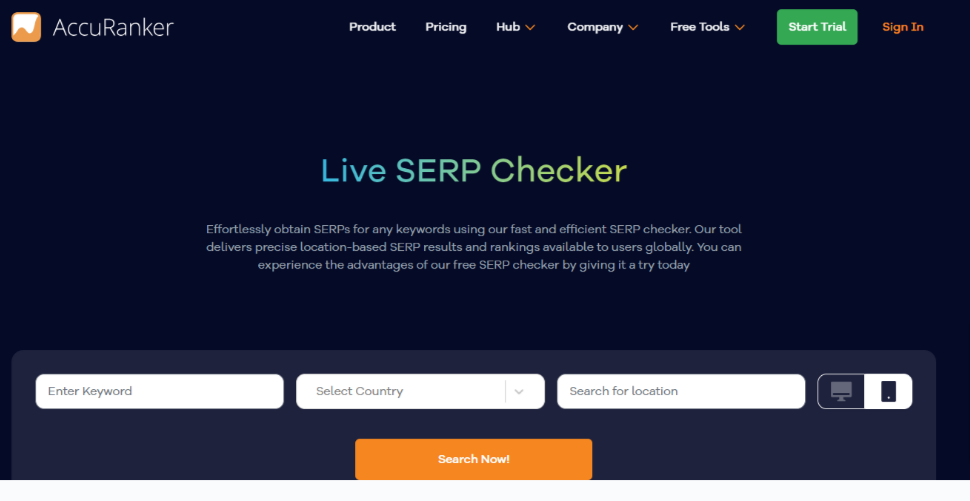
AccuRanker is a fantastic tool that helps you to track Google rankings using a bare-minimum approach. It has many user-friendly features.
It provides a preview of SERPs on Google and also tailors your results to your location or country.
If you want a glimpse of what your search results look like on different devices, AccuRanker is the right tool to use.
Although AccuRanker has a free version, you can only conduct more than five searches daily if you invest in the paid version.
2. Ahrefs

Ahrefs is one powerful SEO tool that allows you to check your position on Google’s search results effectively.
In addition to checking your search rankings, you can also use this tool for auditing your site, target competitor links, and research new keywords. It is one pro tool I have used to track my SERPs.
You can export the results you get from tracking your Google rankings to a .csv file for easy upload to software like Google Data Studio and Google Sheets, where you can further track and assess your SEO performance.
Although Ahrefs offers some free tools, Google tracking comes at a price, which ranges from $99 to $999/month.
3. AuthorityLabs
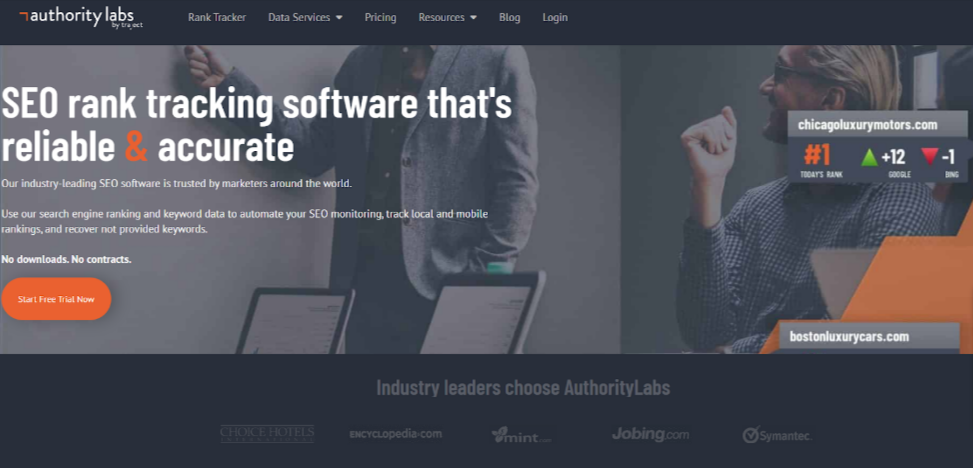
One of the main advantages of using AuthorityLabs for monitoring your Google rankings is that it makes it easier for big businesses to track their search rankings for particular keywords.
It then provides reports that show your position or search engine rank. You can view your status in different ways by choosing any parameter. For example, you can choose to focus on your pages or the overall performance of your website.
AuthorityLabs’s pricing ranges from $49 – $450/month.
Seven Bonus Tools To Help You Track Google Rankings
4. Google Search Console
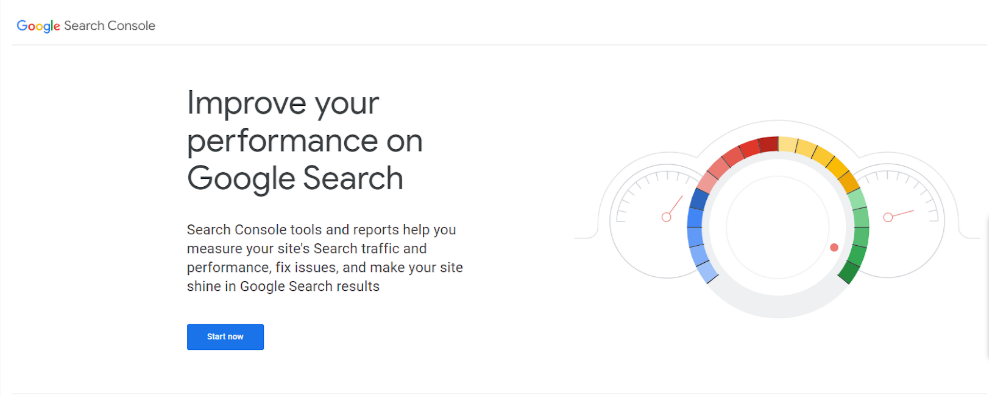
Google Search Console is another excellent tool for checking your Google keyword ranking. The best advantage of this tool is that it is free.
Also, it provides detailed information on your most resourceful keywords and best-forming content type. However, the process is largely manual and can be stressful if you have dozens of keywords to track.
You can check the number of clicks, average position, and impressions. The tool also allows comparisons of a web page’s performance to a previous date.
When you finish getting helpful information about your rankings, this tool also offers tips for boosting your rankings.
5. SEMrush
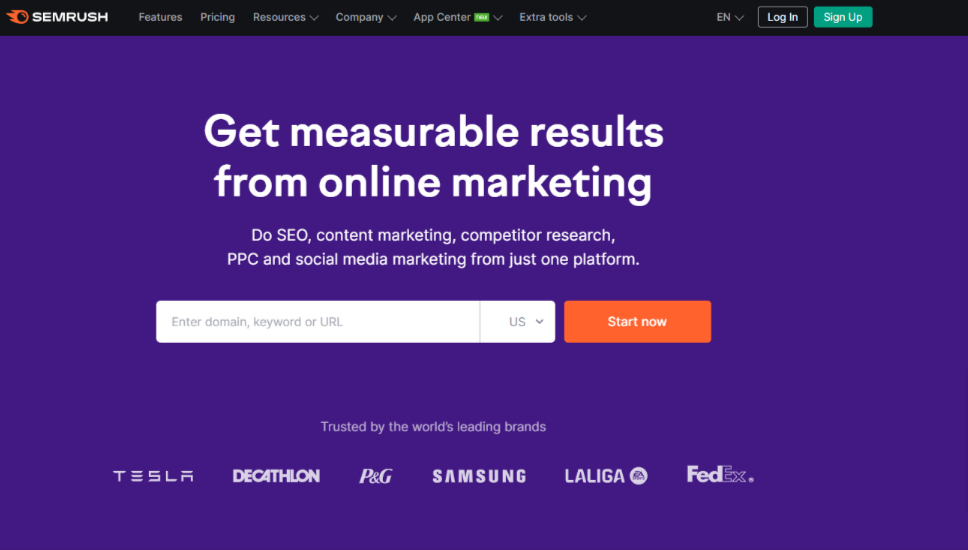
SEMrush is a paid multipurpose tool that does more than just helping you discover your search ranking.
It features a keyword position checker tool that allows you to find your Google rankings. A SEMrush review can help you identify the keyword and search terms to focus on to deliver the SEO results you are looking for. In addition, other toolkits are available for monitoring algorithm updates, researching keywords, and performing other tasks for your SEO, social media, paid ads, and other digital marketing campaigns.
SEMrush’s position tracking report will provide information on your visibility in SERPs, rankings for featured snippets, top competitors, top 100 keywords, estimated traffic, landing pages, and average position in SERPs. You can see this information at once on your dashboard, but you can do so by clicking on any of the tabs if you would view them individually instead.
Another delightful thing about this tool is that you can export your position tracking report to share with your team members.
However, these thrilling features do not come cheap as pricing ranges from $99.95 – $399.95/month.
6. SE Ranking
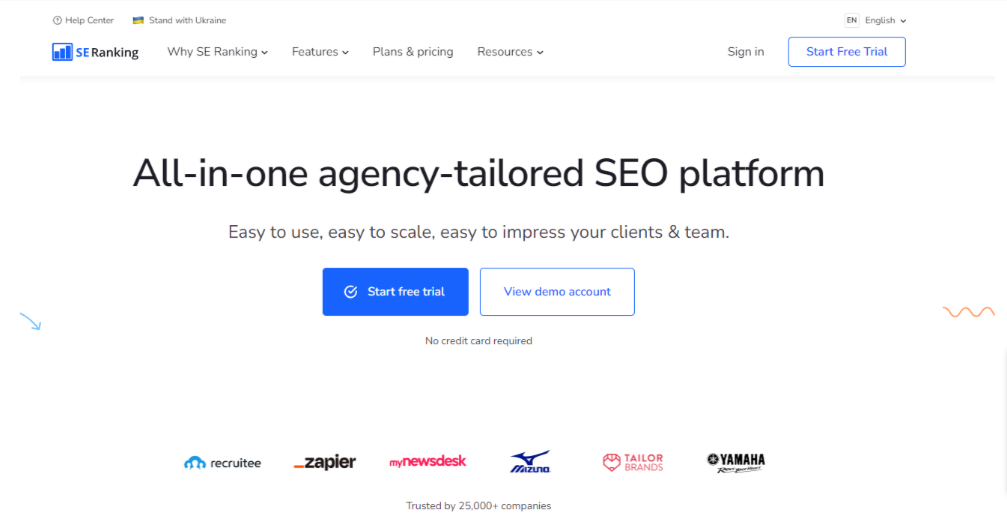
SE Ranking is another SERP tracking tool offering unique rank tracking features. It tracks Google rankings as well as rankings for Youtube, Yahoo, Bing, and Yandex. This inexpensive tool also tracks featured snippets and comes with an option for mobile SERP tracking.
It provides access to folders and tags, which you can use to organize keywords. You’ll also get a neatly laid-out overview of your previous rankings on the screen.
Pricing starts for as low as $39 for daily updates and $23.40 for monthly updates.
7. Serpfox
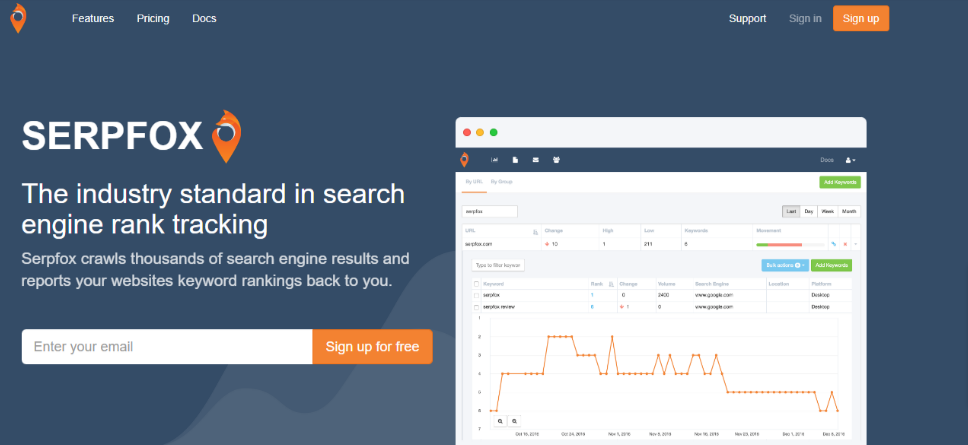
With a free tool like Serpfox, you can track Google rankings for your website over some time. This multipurpose SEO tool is also great for website auditing, creating marketing plans, and monitoring backlinks. You cannot, however, track more than ten keywords with the free version.
To track more than ten keywords, you’ll have to upgrade to the paid version, which starts at a reasonable price of $10 per month.
8. SERP’s Rank Checker
SERP’s Rank Checker allows you to track your site’s ranking for several keywords.
The one-time search takes about 60 seconds for each keyword, but it is a cheap way for small businesses and startups to monitor and measure search rankings consistently.
9. SERPWatcher

Mangools SERPWatcher is another rank tracking tool to look out for this year. It has a user-friendly design and integrates with KWFinder.
This tool offers a limited number of features suitable for digital marketers and small business owners who just want a simple tool for rank tracking.
Pricing starts at $49 for 200 keywords.
10. Serpstat
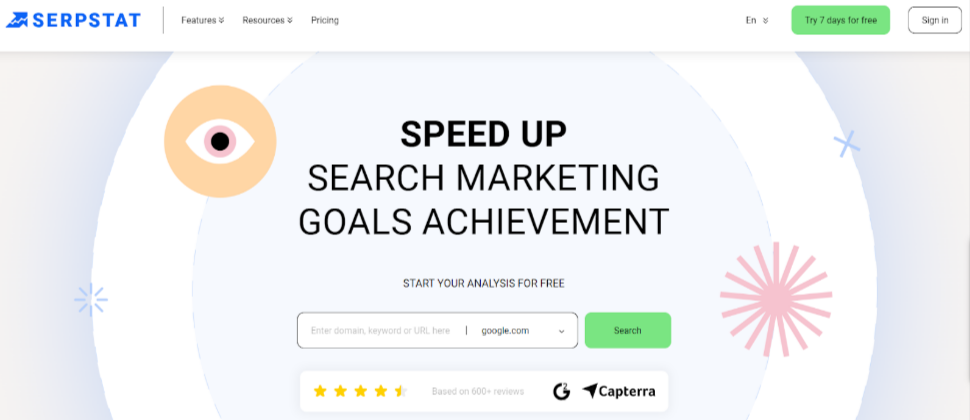
Serpstat is making waves as an all-in-one SEO tool for rank tracking, backlink analysis, site audits, keyword research, and so much more.
It has excellent visualizations of ranking evolution and uses graphs and colors to display your SEO data. The rank tracker also shows you the Google features that appear in SERPs.
Pricing ranges from $69-$149/month.
How to Increase Your Rankings on Google
What if you find out that your site is on the 4th or 5th page of Google’s search results?
All hope is not lost. You can still increase your rankings using these 11 tips:
(Source: Avengering)
- Improve on-site SEO
- Conduct a new keyword research
- Publish top-notch, relevant content
- Modify your content to match search intent
- Include LSI keywords on your page
- Keep an eye on your technical SEO
- Decrease your bounce rates
- Add internal links to your page
- Build more backlinks
- Increase your click-through-rate (CTR)
- Track your results
How Are You Tracking Your Movement in SERPs?
Elevate your Google rankings effortlessly with the right SERP tracking tools. Dive into our guide to select the optimal tool tailored for your business size. Remember, consistent monitoring—at least monthly—is key. It not only keeps you informed but also signals when it’s time to recalibrate your goals and fine-tune your SEO approach.
Seeking expert assistance? Look no further than Orange County’s premier SEO company.
Why choose Flying V Group?
Our elite team of marketing maestros at Flying V Group is dedicated to catapulting your business to the pinnacle of search results. Ready for unparalleled success on SERPs? Reach out to us today!
FAQs on how to Track Google Ranking
1. How do I track my SERP ranking?
To track your SERP (Search Engine Results Page) ranking, you can use various online tools and platforms such as Google Search Console, SEMrush, Ahrefs, or Moz. Simply sign up, enter your website URL, and these tools will provide you with your current rankings for specific keywords.
2. How do I monitor search engine rankings?
Monitoring search engine rankings involves regularly checking where your website appears in search results for specific keywords. Tools like Moz Pro, SEMrush, and Ahrefs offer features that allow you to monitor keyword rankings over time, track competitors, and get alerts for ranking changes.
3. How do I track Google rankings?
Google Search Console is a free tool provided by Google that allows you to track your website’s performance in Google search results. Additionally, third-party tools like SEMrush, Ahrefs, and Ubersuggest can provide more detailed insights into your Google rankings for various keywords.
4. Can I use Google Analytics for free?
Yes, Google Analytics offers a free version that provides a wide range of features to track and analyze website traffic. There is also a premium version called Google Analytics 360 for businesses with more advanced needs
5.How do I rank myself on Google?
Start by optimizing your website for mobile and speed, ensuring it’s secure with HTTPS. Craft high-quality content based on thorough keyword research. Prioritize on-page SEO elements, like meta titles and descriptions. Gain quality backlinks from reputable sources. If you’re a local business, set up a Google My Business profile. Regular updates, an engaging user experience, and active social media presence can further boost your ranking. Regularly analyze your site’s performance and adjust strategies accordingly.

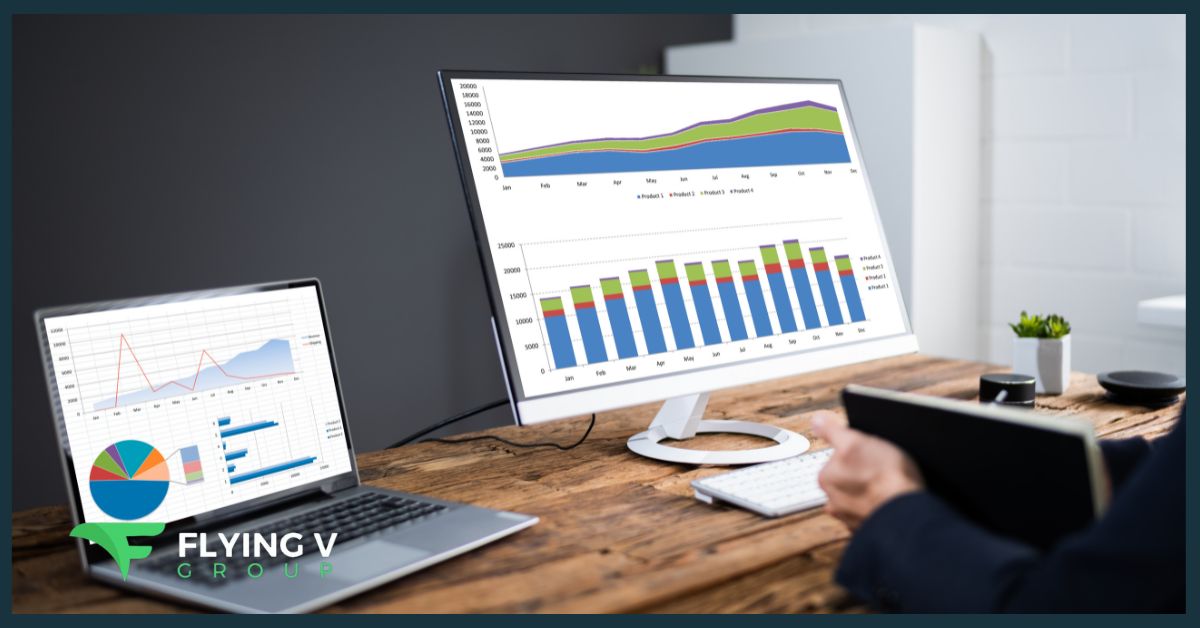





0 Comments